Irritable bowel syndrome
IBS or irritable bowel syndrome is an unpleasant disease that causes abdominal pain, bloating, increased gas formation and various digestive disorders (diarrhea, constipation) that are not related to organic damage to the intestines, but last at least 3 months a year. In total, about a fifth of the adult population suffers from the syndrome in the world. People aged 23 to 40 years most often complain of IBS.
Irritable bowel syndrome is characterized by a variety of manifestations. All of them are associated with experiencing various stressful situations. Therefore, to reduce symptoms, you should take care of adequate rest, as well as reduce the impact of stress.

specialists

equipment

treatment
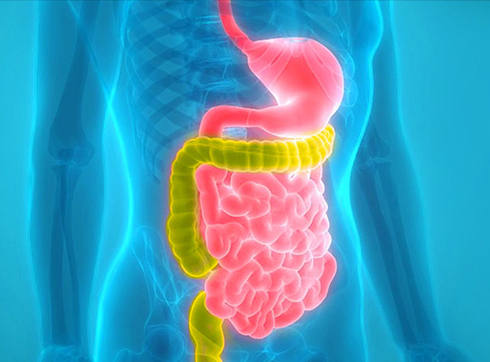
With IBS, sometimes there is a headache, problems with sleep, depressive states and even a decrease in sexual desire.
To understand whether irritable bowel syndrome is treatable, you first need to know its causes. From the point of view of doctors, the main prerequisite for the development of the disease are numerous stressful situations that a person regularly experiences. This is why sedatives for irritable bowel syndrome are very popular.
Also, the most common causes of the disease are considered to be the following:
- Sedentary lifestyle
- Various acute intestinal infections that led to the development of dysbacteriosis
- A sharp or prolonged violation of the daily routine
- Drastic changes in nutrition (when a person switches to an unusual diet of foods)
- Lack of fiber in the menu
- A large number of hormonal disorders and gynecological diseases that can cause a reflex violation of intestinal motility
- Taking antibiotics
- Genetic predisposition
Also, the symptoms of the disease can intensify if the daily diet contains a lot of white bread and cereals, caffeine, sugar substitutes, chocolate, junk food, sweet soda or alcohol. Therefore, it is advisable to find out in advance what you can eat with irritable bowel syndrome.
Colitis or irritable bowel syndrome manifests itself in two stages: exacerbation of the disease and remission.
Most often, patients consult a doctor during an exacerbation of the syndrome, when all the features of the body's functioning characteristic of the clinical picture are intensified. In most cases, drug treatment depends on the pronounced symptoms and test results. It is very important at the first signs of IBS to begin following the diet prescribed by the doctor and, if possible, reduce the number of causes of emotional stress.
If you consult a doctor at the beginning of the remission stage, you will be able to avoid an exacerbation of the disease. However, before treating irritable bowel syndrome with medications, you need to take the necessary blood tests and undergo diagnostics in a specialized clinic. During remission, many patients do not feel attacks of pain, for a while they forget about the disease and the need to treat IBS.
Diagnostics

Modern medicine has methods that allow us to determine the causes of many diseases. In order for the diagnosis to be accurate, diagnostics and treatment of IBS in Moscow should be carried out only in clinics with a good reputation. Since the symptoms of IBS are similar to the signs of many other known diseases of the gastrointestinal tract, it is important to exclude the possibility of serious infections.
To make a correct diagnosis of IBS, you need to undergo a series of examinations:
- Complete blood count
- Biochemistry analysis
- Analysis of feces for infections and parasites
- Examination of the rectum using an endoscopic device
- Irrigoscopy - a special X-ray of the intestine, previously filled with a contrast agent
- Checking feces for dysbacteriosis
- Ultrasound of the digestive tract and abdominal organs
- Gynecological examination
Irritable bowel syndrome is also well determined by palpation of the rectum. A consultation with a psychotherapist will also be mandatory, as he will be able to identify signs of psycho-emotional stress and determine the general state of the nervous system.

This award is given to clinics with the highest ratings according to user ratings, a large number of requests from this site, and in the absence of critical violations.

This award is given to clinics with the highest ratings according to user ratings. It means that the place is known, loved, and definitely worth visiting.

The ProDoctors portal collected 500 thousand reviews, compiled a rating of doctors based on them and awarded the best. We are proud that our doctors are among those awarded.
Make an appointment at a convenient time on the nearest date
Price
Other services







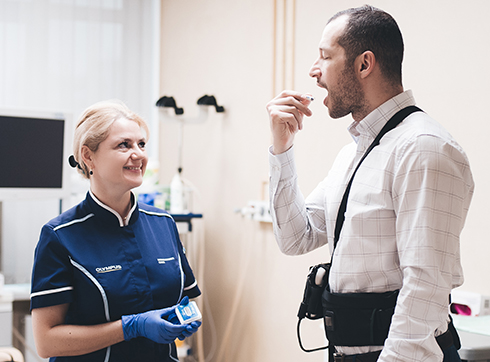

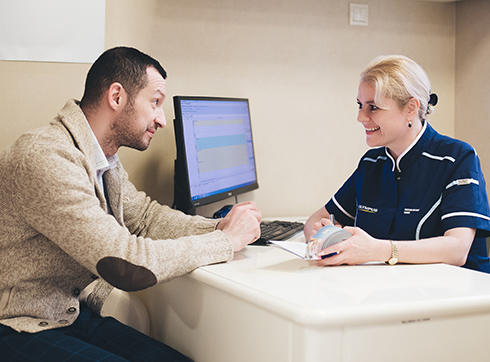
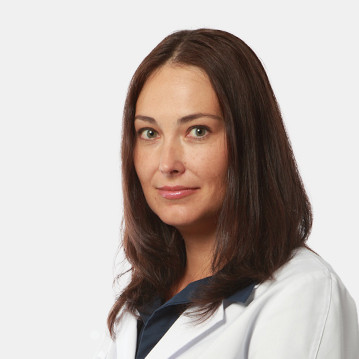
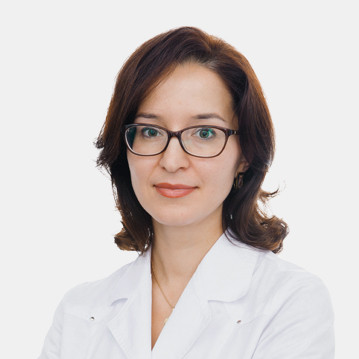


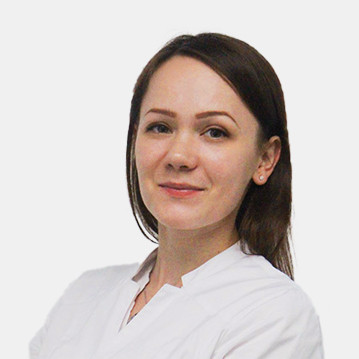
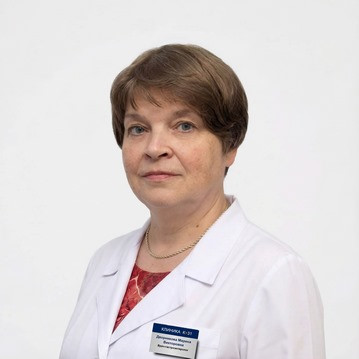
















Symptoms